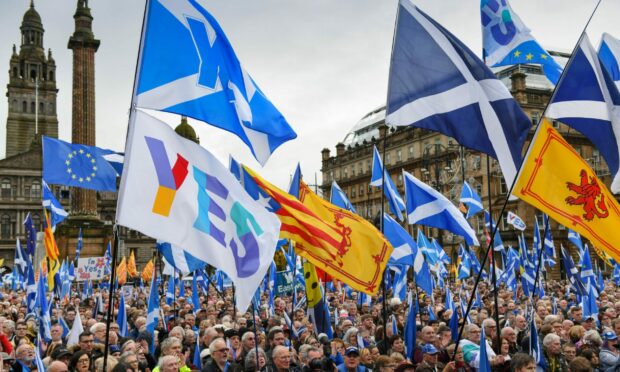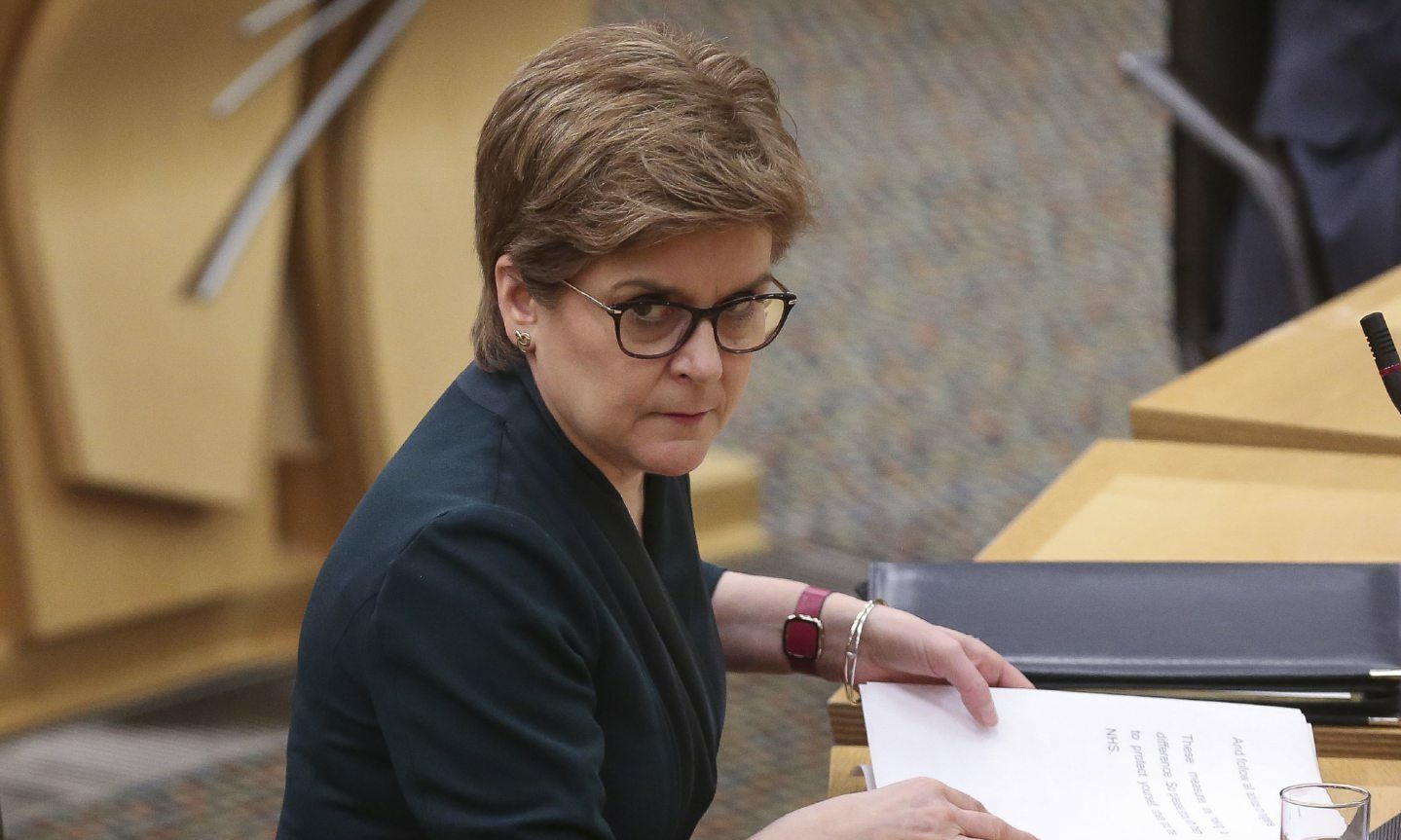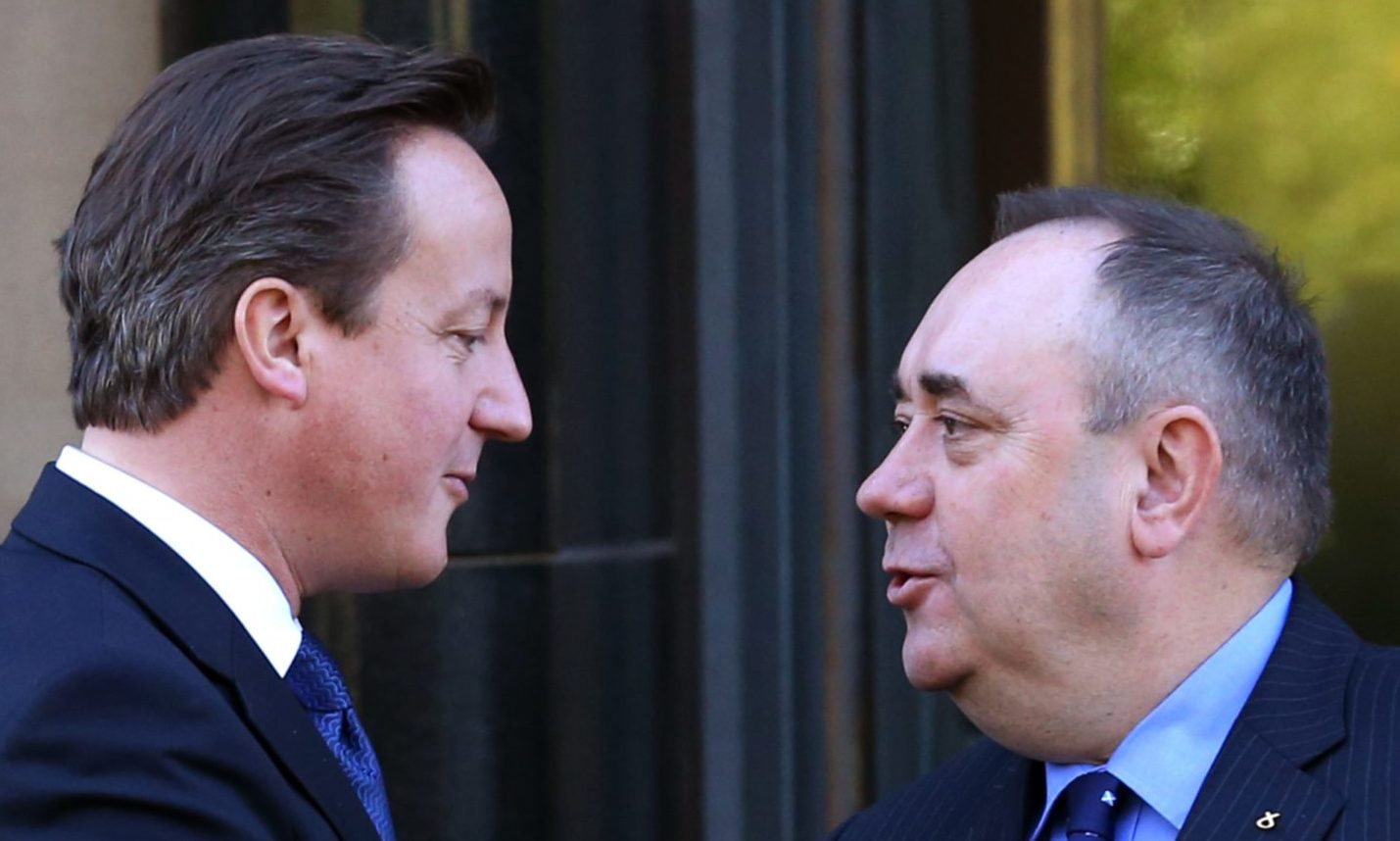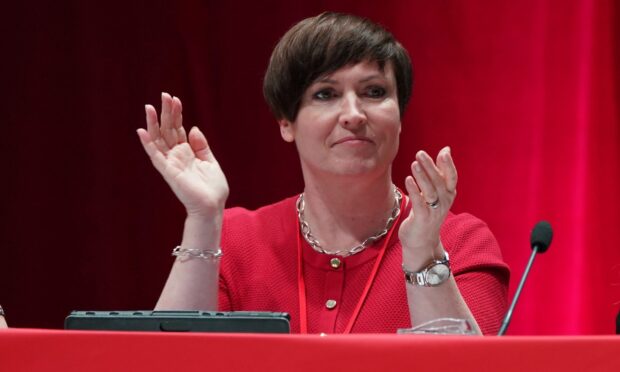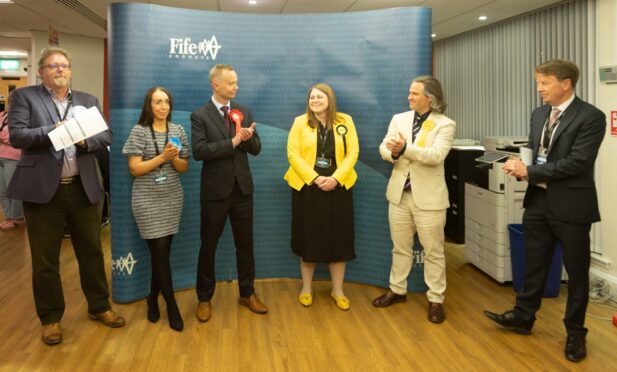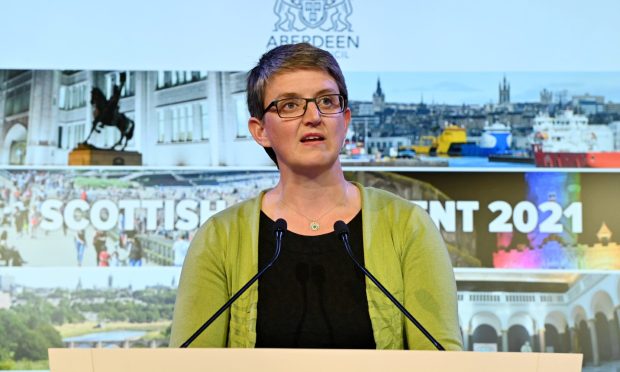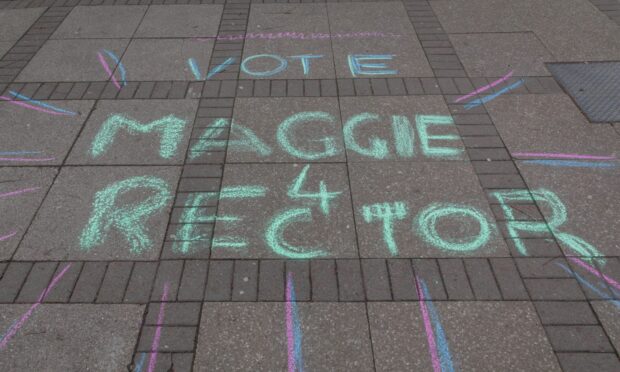Scotland is split down the middle on the future of the country as part of the UK.
Scotland’s First Minister, and leader of the SNP, Nicola Sturgeon remains committed to holding a second independence referendum – while unionists refuse to give ground with a re-run.
If the two extremes cannot be settled, could a middle way reaffirm devolution as the best solution?
A recent survey indicated around a quarter of the public would support so-called devolution max, if that third option was on the table.
Devo max has sometimes been described as a middle-ground between full-on independence and the current devolved settlement.
Here’s everything you need to know about how it could factor into the heated constitutional debate.
What is devo max?
Devolution max is seen as an enhanced form of devolution which would result in more powers being granted to Holyrood.
But disagreements remain over an exact definition and it’s not entirely clear which policy areas would still be reserved to Westminster.
Full Fiscal Autonomy for Scotland
The most far-reaching version of devo max would be granting Scotland “full fiscal autonomy”, perhaps just leaving defence and foreign affairs to London.
This would leave the Scottish Government responsible for raising virtually all taxes north of the border instead of receiving funds from Westminster.
Professor James Mitchell, from Edinburgh University, said devo max would need to be “defined clearly” if it were to be included in a referendum ballot.
He added: “There are numerous options and agreement will need to be found on which; ’more powers’ should be offered but clarity will be required.”
Who supports devo max?
The SNP and Tories both officially oppose devo max, which means supporters have a tough campaign ahead.
Scotland’s governing party wants a binary referendum and claims devo max would not have stopped the country from being “dragged out of the EU”.
Nationalist MSP Gillian Martin claimed “only independence can protect our national interests”.
The Conservatives are opposed to further devolution and oppose any future votes on independence.
Another referendum is the last thing that Scotland needs.
– Scottish Conservative spokesperson
When asked for their stance, a spokesperson said: “All of our focus should be on protecting jobs and rebuilding public services, not splitting up Scotland from the rest of the United Kingdom.
“Another divisive referendum is the last thing that Scotland needs right now.”
Labour leader Anas Sarwar hinted he would be open to taking more power away from Westminster – but he is against a referendum.
The party’s Westminster chief Keir Starmer has also said he would give Holyrood more control over key policy areas if he becomes Prime Minister.
He said: “I think it’s very important to settle that issue. We need change without a referendum, but we need change quickly.”
Meanwhile, Scottish Lib Dem leader Alex Cole-Hamilton wants “comprehensive” reform to the UK with the country moving to a federal system.
Professor Mitchell claimed a quarter of Scots backing devo max was a “remarkably high figure” given the lack of mainstream support.
He added that Scottish Labour could boost their electoral hopes by supporting it and offering a “distinct policy” separate from the Tories on independence.
What would happen if devo max was on an independence ballot?
Due to a lack of support it’s unlikely an option for more wide-ranging devolution would be included in a future referendum.
But a third choice on the ballot would potentially stop either the pro-independence side or unionists from getting an overall majority.
Expert Professor Mitchell claimed including devo max would require a “different form” of vote – and added that it would allow a “broader debate”.
No single option will command an overall majority if the ballot offered three options.
– Professor James Mitchell, Edinburgh University
He said: “We know that the independence-status quo choice forced many people to choose what was not their first preference.
“Including a third option would undoubtedly peel many voters away from these two options but it is uncertain how many.
“Given the 50/50 split in public opinion on a binary choice, we can be fairly sure that no single option will command an overall majority if the ballot offered three options.”
He suggested voters could be asked whether they want changes to the status quo – and if they do then they would be able to opt between independence and devo max.
But a recent Savanta ComRes poll indicated the majority of Scots would prefer a binary choice between Yes and No if another referendum were held.
Additionally, while a quarter of Scots had a positive view towards enhanced devolution, only 4% supported it strongly.
Has devo max been backed by Scots before?
A major 2011 survey of Scots found that 29% of the country backed moves towards full devolution.
Overall, 43% supported more powers for Holyrood – with just over 20% content with the status quo.
But Alex Salmond and David Cameron opted against a three-way ballot when they signed the Edinburgh Agreement ahead of the 2014 independence vote.
Stirling University politics expert Dr Peter Lynch said: “One of the things about devo-max last time around was that it didn’t have anyone significant supporting it.
“The various political parties involved in determining the referendum question all wanted a binary choice of Yes/No to independence.
“So, the notion of a third option was discussed but no one really grasped it, adopted it and promoted it sufficiently to have an impact.”
After Scotland rejected leaving the UK, a cross-party panel was formed to rejig the country’s devolved settlement.
The Smith Commission agreed to give the Scottish Government more tax raising powers to control spending to a greater degree.
Since 2016 Holyrood ministers have been able to set different income tax rates from Westminster.
The Scottish Government has also been granted more powers over welfare and have been able to extend voting rights to 16 and 17-year-old’s.
